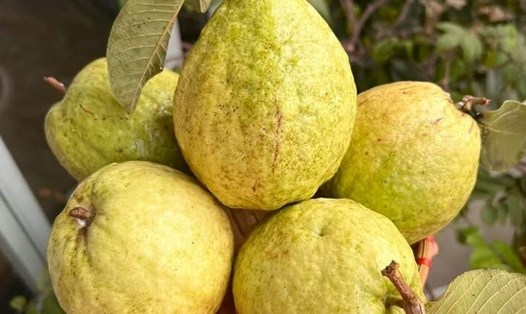Supplementing omega 3 from natural foods brings higher biological efficiency and is safer than functional foods.
The body cannot synthesize omega 3 on its own. Therefore, it is necessary to supplement from natural foods or functional foods. However, many studies show that supplementing omega 3 from natural foods is more effective.
Effective omega 3 supplements:
Fatty fish - a natural source of EPA and DHA
Salmon, mackerel, sardines, herring are fatty fish rich in EPA and DHA. These are the two most active forms of omega 3. Just 100g of salmon can provide up to 2,260mg of omega 3, meeting the recommended daily needs.
Nutritionists point out that consuming fatty fish twice a week reduces the risk of death from cardiovascular disease by 36%.
ALA-rich plants - suitable for vegetarians
If you don't eat fish, vegetarians can supplement ALA (alpha-linolenic acid) - a form of plant-based omega 3. Although ALA converts to EPA/DHA at a low rate (about 5 10%), it still has certain biological value.
For example, flaxseeds, chia seeds, and walnuts are seeds that are rich in ALA. 1 tablespoon of chia seeds about 15g provides about 2,500mg ALA. Canola oil and algae oil are also potential sources of plant omega 3, especially algae oil that contains DHA similar to fish.
Notes when supplementing omega 3 from food: Avoid large marine fish such as swordfish and ocean tuna because they can be contaminated with mercury. Do not rely solely on high-dose omega 3 tablets without a medical prescription, as they can dilute blood or cause digestive disorders.











